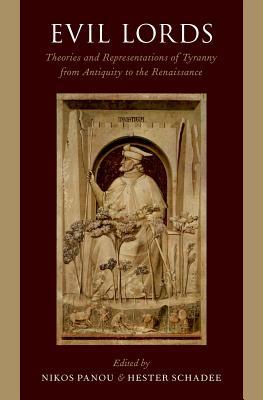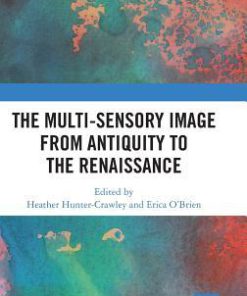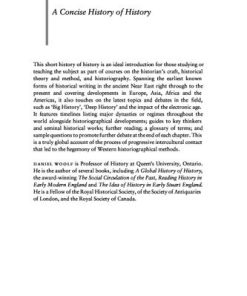Evil Lords: Theories and Representations of Tyranny from Antiquity to the Renaissance Nikos Panou 0190635126 9780190635121
$50.00 Original price was: $50.00.$25.00Current price is: $25.00.
This completed downloadable of Evil Lords: Theories and Representations of Tyranny from Antiquity to the Renaissance Nikos Panou

Instant downloaded Evil Lords: Theories and Representations of Tyranny from Antiquity to the Renaissance Nikos Panou pdf docx epub after payment.
Product details:
- ISBN 10: 0190635126
- ISBN 13: 9780190635121
- Author: Nikos Panou
Evil Lords uses the prism of bad rule or tyranny to enhance our understanding of political discourse from the ancient world to the Renaissance, elucidating premodern notions of sovereignty as well as the relation between ethics and politics, the individual and society, power, and propaganda. Eleven chapters present case studies exploring Hebrew, Graeco-Roman, Byzantine, early, high and late medieval, and Renaissance conceptions and representations of bad or tyrannical government. Since bad rule is always a perversion of the norm, its shifting conceptualizations shed light on historically specific assessments of what constitutes acceptable and legitimate political behavior. Meanwhile, political debate also reflects specific power structures, authorial intent, and audience expectations. Each of the essays, therefore, examines bad rule and its agents within the ideological frameworks and societal patterns of the respective periods, thereby painting a picture of historical and intellectual change. Despite these often profound variations, however, the volume also shows that it is meaningful to think of a Western tradition of tyranny in the premodern world that derived from shared roots in Classical and biblical thought and was further defined by ongoing cross-fertilization spanning two millennia. Thus, Evil Lords offers scholars and students of Western political theory, history, and literature a critical framework through which to revisit the longue durée of premodern political reflection.
Table of contents:
1. The Discourse of Tyranny and the Greek Roots of the Bad King
2. ‘A King Like the Other Nations’: The Foreignness of Tyranny in the Hebrew Bible
3. Discourse of Kingship in Late Republican Invective
4. Imperial Madness in Ancient Rome
5. Contradictory Stereotypes: ‘Barbarian’ and ‘Roman’ Rulers and the Shaping of Merovingian Kingship
6. Tyrannos basileus: Imperial Legitimacy and Usurpation in Early Byzantium
7. Evil Lords and the Devil: Tyrants and Tyranny in Carolingian Texts
8. There Are No ‘Bad Kings’: Tyrannical Characters and Evil Counselors in Medieval Political Thought
9. A Crooked Mirror for Princes: Vernacular Reflections on Wenceslas IV ‘the Idle’
10. ‘I Don’t Know Who You Call Tyrants’: Debating Evil Lords in Quattrocento Humanism
11. Machiavelli’s Prince and the Concept of Tyranny
People also search:
advantages and disadvantages of a tyranny
3 theories of representation
what are the 3 types of tyranny
what are the theories of representation
benefits of a tyranny
You may also like…
Poetry - American Poetry
Politics & Philosophy
Business & Economics
Poetry - American Poetry
Politics & Philosophy - Anthropology
A Concise History of History Global Historiography from Antiquity to the Present Daniel Woolf
Uncategorized
Politics & Philosophy - Anthropology
dictionaries & phrasebooks
Collaborative Translation: From the Renaissance to the Digital Age Anthony Cordingley












